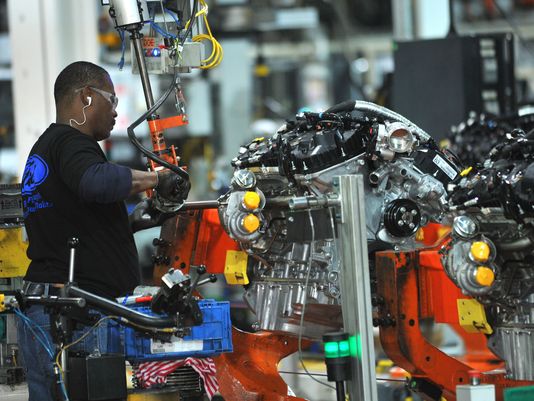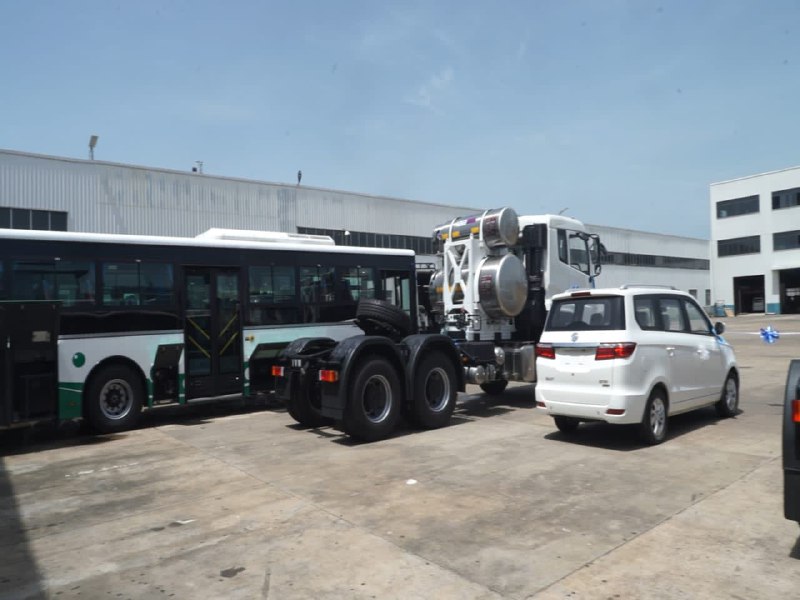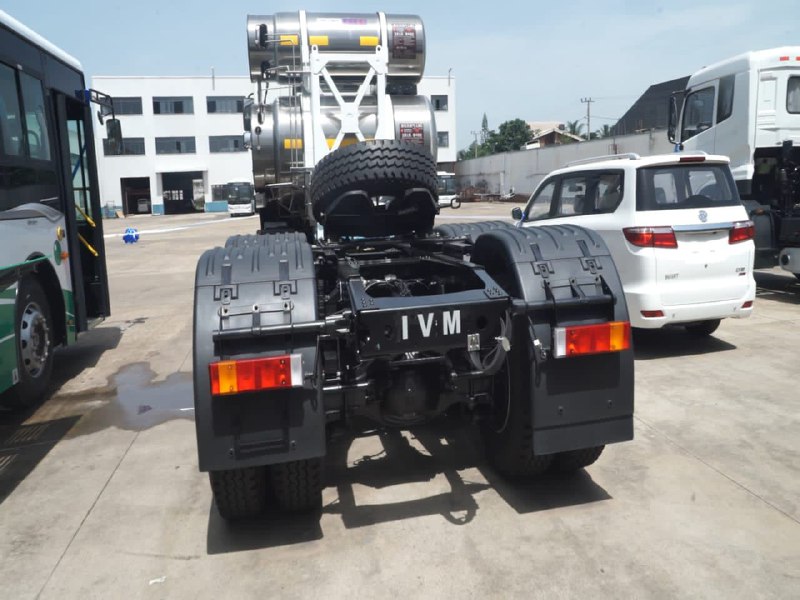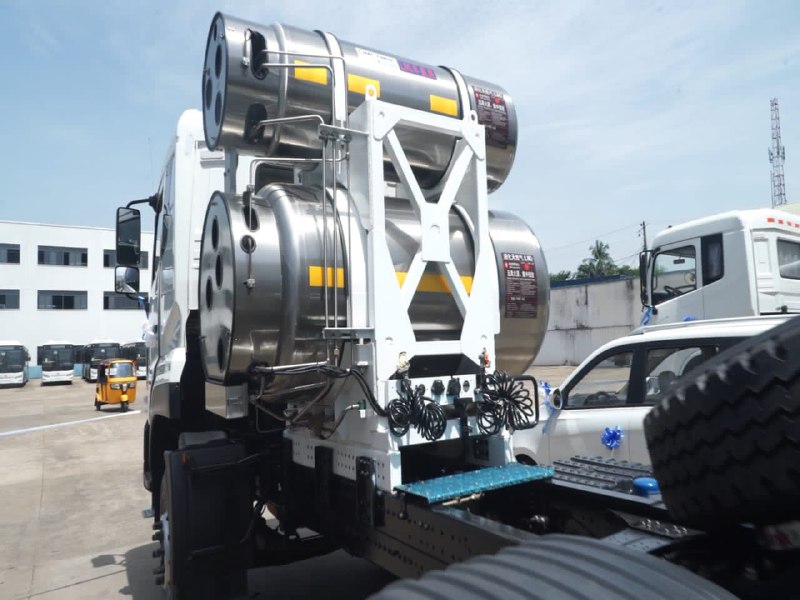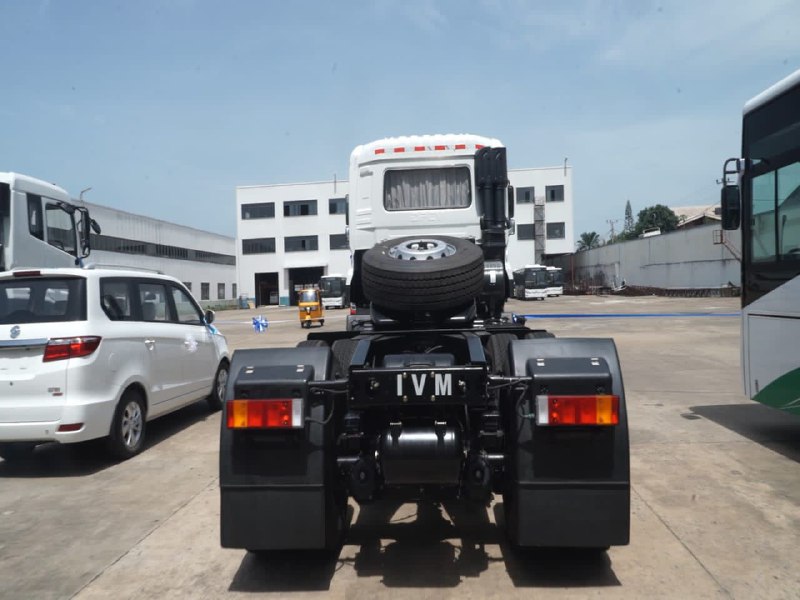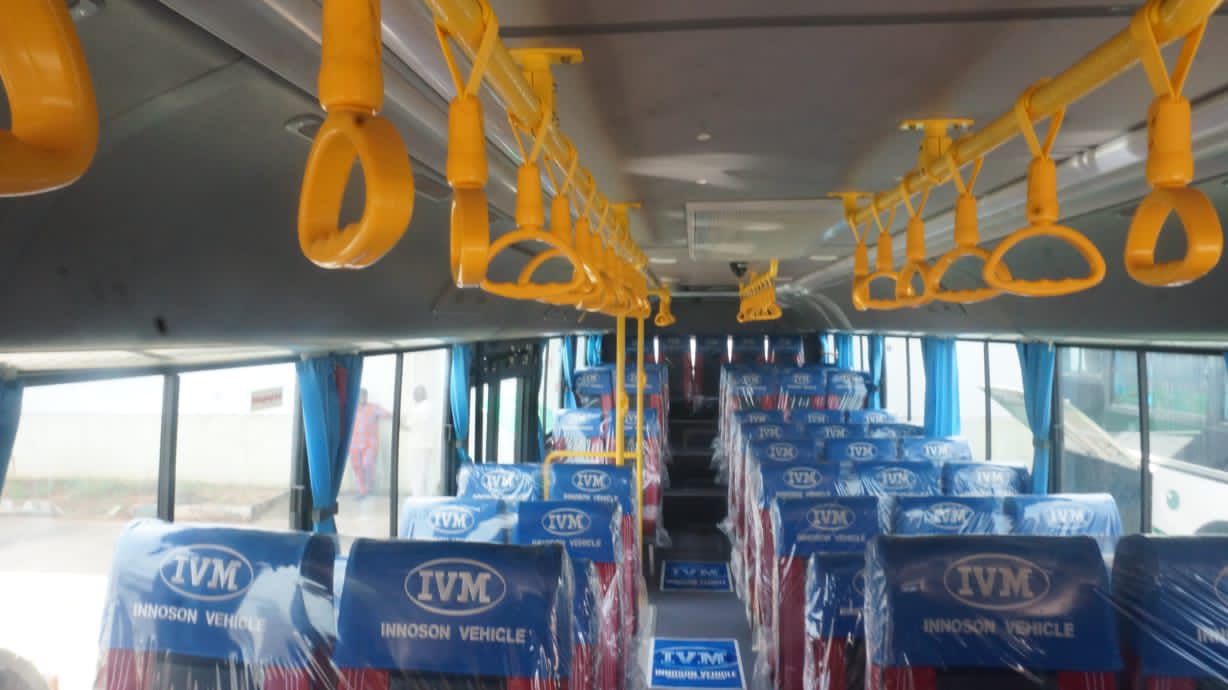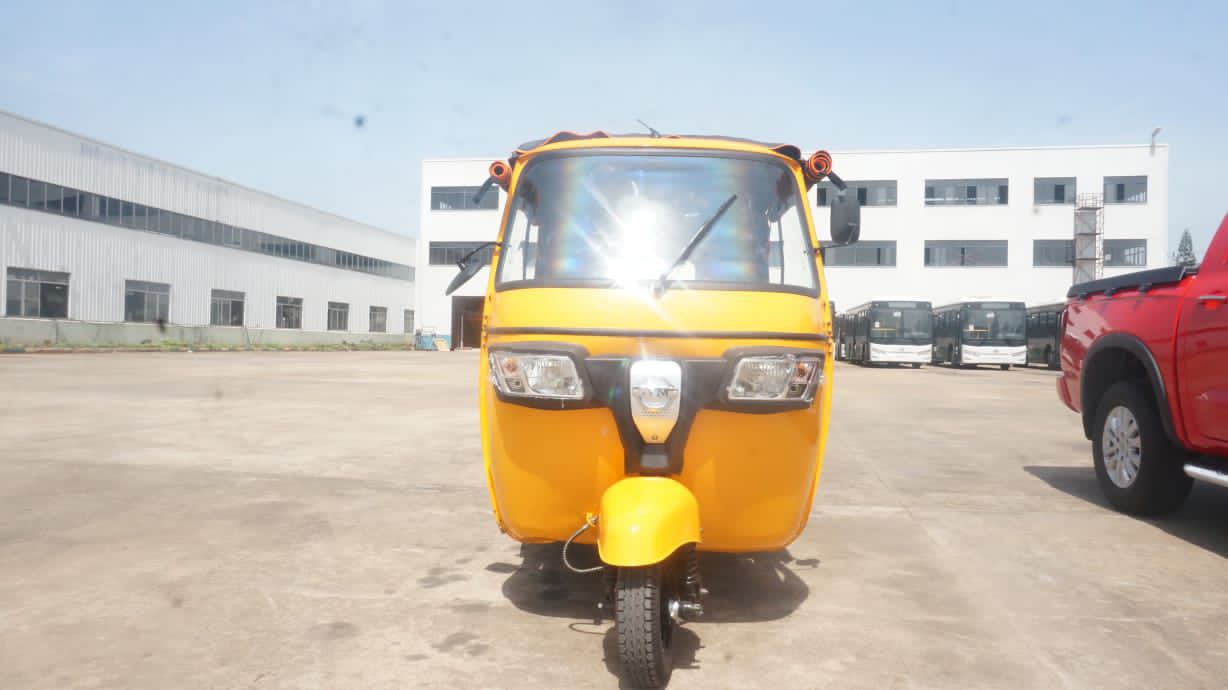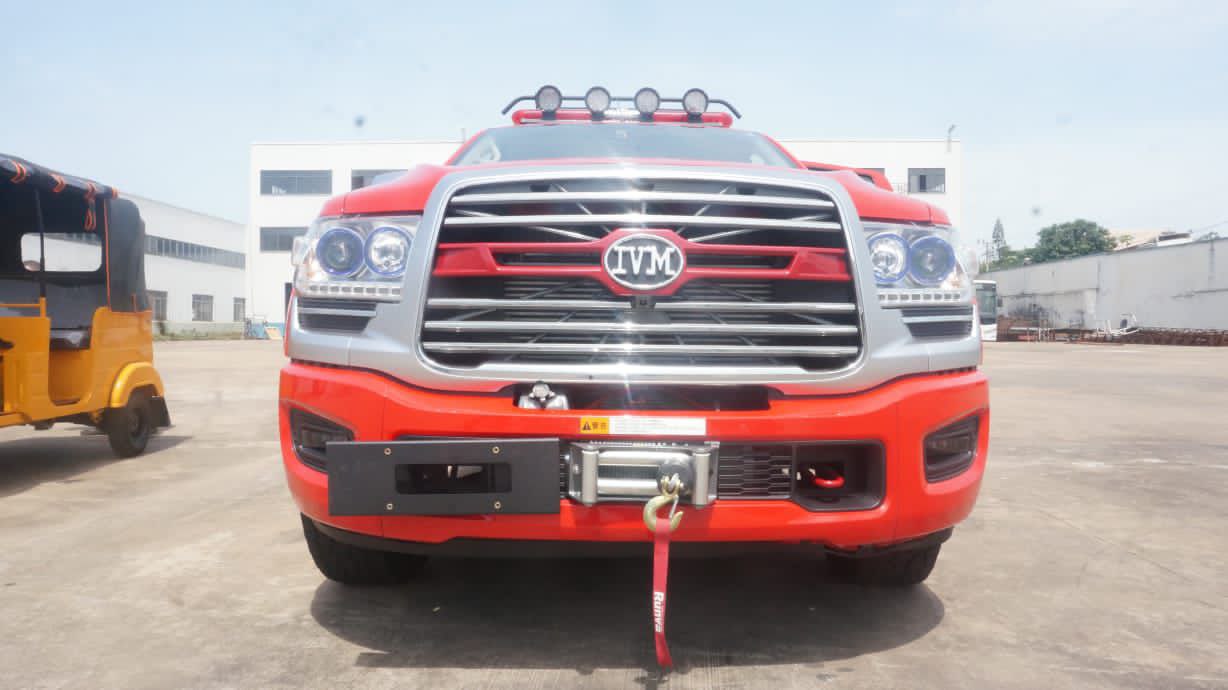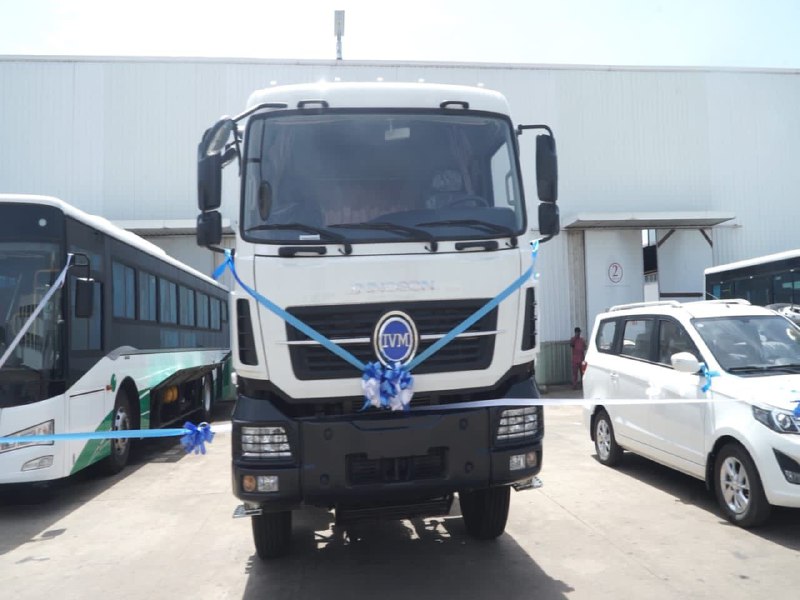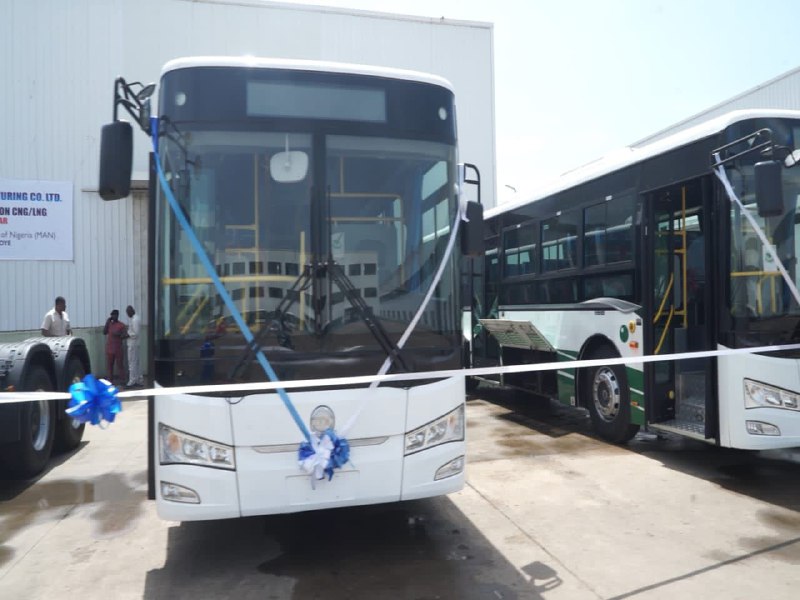Innoson Vehicles can drive economic development by attracting engine manufacturing to Nigeria. Regarding economic development, investments in the automotive industry can have far-reaching effects. Nigeria, with its vast potential, is no exception. As a leading indigenous automobile manufacturer, Innoson Vehicle Manufacturing (IVM) has the power to drive sales and job creation and attract an engine manufacturing plant to Nigeria. This blog will explore the potential benefits and opportunities of Nigerians choosing to buy IVM vehicles.
One of the primary factors for the establishment of an engine manufacturing plant in Nigeria is a strong demand for domestically manufactured vehicles. However, IVM has faced challenges in selling its vehicles to many Nigerians. The company initially aimed to eliminate the reliance on imported second-hand cars, but they have encountered obstacles such as unfavorable government policies and fluctuating forex rates. To overcome these hurdles, the Nigerian government can learn from successful models in Japan and China, where local car brands receive subsidies to enhance affordability for citizens. By implementing similar measures, more Nigerians would be inclined to support local brands like IVM, leading to increased demand and encouraging sustainable production, ultimately boosting the country’s economy.
Through government interventions, locally manufactured vehicles like IVM can become more affordable and accessible to a wider range of Nigerians. This affordability factor is crucial in attracting more customers and driving up demand for IVM vehicles. Increased patronage would create a sustainable market, encouraging investments in local manufacturing and ultimately leading to partnerships with engine manufacturers. Such collaborations would fuel technological advancements, skills development, and growth within the automotive industry.
The establishment of an engine manufacturing plant in Nigeria by Innoson Vehicle Manufacturing, would not only reinforce the local automotive sector but also attract foreign direct investment. A robust engine manufacturing capability would signify Nigeria’s commitment to developing its automotive industry, thereby making it an appealing destination for international companies seeking to invest. This influx of investment would generate further job opportunities, create a knowledge-sharing environment, and strengthen Nigeria’s overall industrial capabilities.
Job Creation and Economic Impact:
Job creation and economic impact are key factors that cannot be overlooked when considering the establishment of an engine manufacturing plant in Nigeria. The potential for employment opportunities across different sectors is immense and far-reaching.
The direct impact of an engine manufacturing plant, such as the one envisioned by IVM, would be the creation of jobs within the plant itself. Skilled engineers and technicians would be needed to design and develop engines, while skilled laborers would be employed for manufacturing and assembly processes. Additionally, support staff in areas such as administration, logistics, and quality control would be required to ensure smooth operations.
However, the positive effects do not end with direct employment. The establishment of an engine manufacturing plant would also necessitate the development of a strong local supply chain. This would include sourcing raw materials, components, and various support services from local businesses. As a result, the demand for goods and services created by the engine manufacturing plant would generate additional employment opportunities within the supporting industries.
The indirect job creation stimulated by the engine manufacturing plant extends beyond the automotive sector. It would have a ripple effect throughout the economy, increasing demand for goods and services in related industries. For example, transportation and logistics companies would experience an upswing in activity due to the increased movement of raw materials and finished products. Additionally, industries such as steel, aluminum, plastics, and electronics would benefit from the growing demand for components used in engine manufacturing.
The influx of new jobs created by the engine manufacturing plant would have a significant impact on the local economy. Individuals employed in these positions would have stable incomes, allowing them to support their families and contribute to their communities. Furthermore, the increased economic activity generated by the plant and its supply chain would stimulate spending, leading to further economic growth across various sectors.
Technological Transfer and Skills Development:
Partnering with an engine manufacturing plant would not only bring advanced technology to Nigeria but would also facilitate knowledge transfer and skills development. Local technicians and engineers would have the opportunity to work alongside international experts, gaining valuable expertise in engine production processes. This knowledge transfer is crucial for building a skilled workforce and nurturing technological innovation within the country.
By collaborating with international experts in the field, local technicians and engineers would have the chance to work alongside them, learning and acquiring valuable knowledge about engine production processes. This hands-on experience would enable them to gain a deep understanding of modern manufacturing techniques, quality control standards, and industry best practices.
The transfer of technological know-how goes beyond theoretical learning and classroom training. The practical exposure to cutting-edge machinery, equipment, and manufacturing systems would equip Nigerian workers with the necessary skills to operate and maintain such sophisticated technologies. Moreover, they would become proficient in troubleshooting and problem-solving, ensuring smooth operations and efficient production processes.
Read Also:
- Nigerians spend $8b annually on importation of vehicles – Osinbajo
- BREAKING: Innoson Set To Establish EV (Electric Vehicle) Power Plant In Nigeria
- The Impact of ISO Certification (ISO 9001:2015) on Innoson Vehicles Manufacturing Company
Furthermore, the knowledge transfer from international experts would extend beyond the immediate workforce. As these skilled individuals gain expertise and experience, they would become valuable resources and trainers themselves. They can pass on their learnings and expertise to other employees, creating a cascading effect of skills development throughout the organization.
FDI Opportunities and Enhancing Nigeria’s Industrial Capabilities:
The establishment of an engine manufacturing plant in Nigeria presents tremendous opportunities for foreign direct investment (FDI) and the enhancement of the country’s industrial capabilities. By partnering with international companies in this endeavor, Nigeria can position itself as an attractive investment destination in the automotive sector.
The presence of a state-of-the-art engine manufacturing plant would signal Nigeria’s commitment to developing its automotive industry. This commitment, combined with a favorable business environment, would encourage foreign companies to invest in Nigeria. The potential for FDI would not only bring in capital but also facilitate technology transfer, knowledge exchange, and the creation of employment opportunities.
Furthermore, the establishment of an engine manufacturing plant would significantly enhance Nigeria’s industrial capabilities. Currently, the country relies heavily on imported engines for its automotive sector. By developing local manufacturing capabilities, Nigeria can reduce its dependence on imports, thereby promoting self-sufficiency and strengthening its industrial base.
Choosing to buy IVM vehicles can have a profound impact on Nigeria’s automotive industry and overall economic growth. By supporting a domestic brand and stimulating local demand, Nigerians can pave the way for an engine manufacturing plant in the country. Job creation, skills development, increased FDI, and enhanced industrial capabilities are just some of the potential benefits that such an investment would bring. Together, let’s drive the Nigerian economy forward by investing in the future of our automotive industry through our choice of vehicles.

